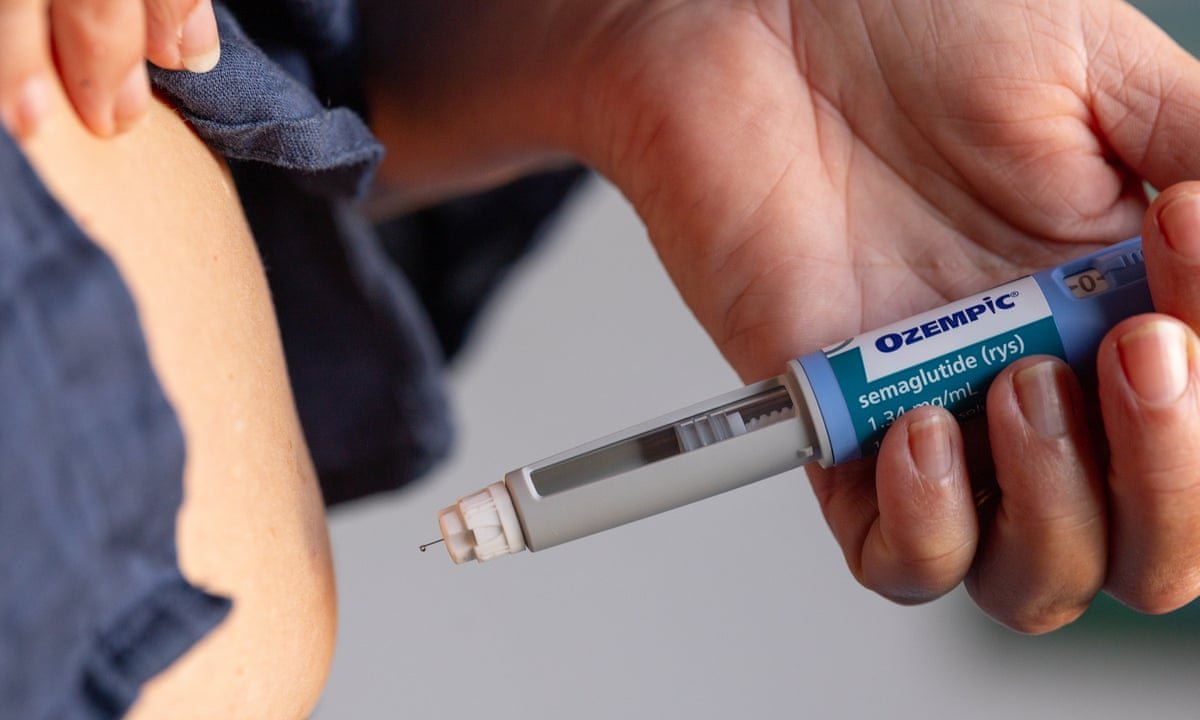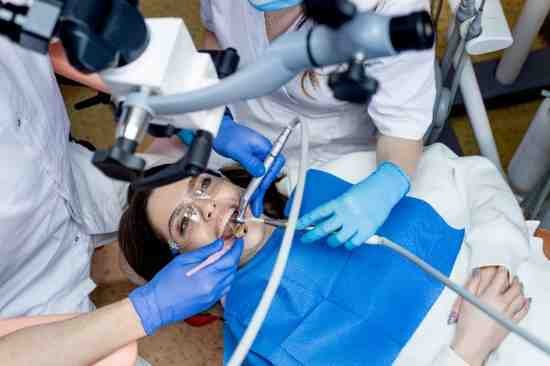Sleep is often overlooked when people think about heart health, but it plays a much bigger role than most realize. While diet and exercise are commonly linked to cholesterol management, the quality and quantity of your sleep also have a direct impact on your body’s lipid balance. Poor sleep can disturb how your body processes fat, raise harmful cholesterol levels, and increase the risk of cardiovascular disease. Understanding this connection can help you make healthier lifestyle choices and improve overall well-being.
The Connection Between Sleep and Cholesterol
Cholesterol is a waxy substance in the blood that helps build cells and produce hormones, but when levels become imbalanced, it can lead to clogged arteries and heart disease. Research shows that sleep has a strong influence on cholesterol metabolism. Both too little sleep and poor-quality rest can raise LDL (bad cholesterol) while lowering HDL (good cholesterol), creating a dangerous imbalance that affects heart health.
During sleep, the body undergoes repair processes and regulates hormones that control fat metabolism. Disrupted or insufficient sleep interferes with these processes, contributing to elevated cholesterol and increased cardiovascular risk.
Short Sleep Duration and LDL Cholesterol
Consistently getting fewer than 6 hours of sleep per night has been linked to higher LDL cholesterol. Lack of sleep can increase inflammation and trigger the release of stress hormones like cortisol, which negatively affect lipid levels. Over time, this imbalance can contribute to plaque buildup in the arteries, raising the risk of atherosclerosis and heart attacks.
Oversleeping and Its Impact on Cholesterol
Interestingly, getting too much sleep can also affect cholesterol. Studies suggest that sleeping more than 9–10 hours per night may increase triglyceride levels while lowering HDL cholesterol. This indicates that both extremes, too little or too much sleep, are harmful. A balanced sleep schedule of 7–9 hours is usually optimal for maintaining healthy cholesterol levels.
Sleep Quality Matters as Much as Duration
It’s not only about how long you sleep but also how well you sleep. Poor sleep quality, such as frequent waking, insomnia, or restless nights, can be just as harmful as short sleep duration. People with sleep disorders often experience higher LDL and lower HDL levels. This is because fragmented sleep disrupts the body’s natural ability to restore balance in blood lipids during deep sleep cycles.
The Role of Sleep Apnea in Cholesterol Imbalance
Obstructive sleep apnea (OSA) is one of the most studied sleep disorders linked to cholesterol problems. In OSA, breathing repeatedly stops during sleep, reducing oxygen supply. This leads to oxidative stress, inflammation, and hormonal changes that increase LDL and triglycerides while reducing HDL cholesterol. Treating sleep apnea with lifestyle changes, continuous positive airway pressure (CPAP) therapy, or weight management has been shown to improve cholesterol levels and heart health.
Hormonal Regulation During Sleep
Sleep directly impacts hormones that control appetite, metabolism, and cholesterol regulation. For example:
- Leptin and ghrelin, the hormones that regulate hunger, are disrupted by poor sleep, leading to overeating and weight gain, both of which worsen cholesterol levels.
- Insulin resistance increases with sleep deprivation, impairing the body’s ability to process fats and sugars properly.
- Cortisol, the stress hormone, rises with lack of sleep, which encourages the liver to produce more cholesterol.
These hormonal shifts highlight why sleep is just as important as diet and exercise for maintaining a healthy lipid profile.
Sleep and Weight Gain Connection
Poor sleep often leads to weight gain, and excess weight is a well-known risk factor for high cholesterol. When you are tired, your body craves high-calorie, fatty foods for quick energy, which can contribute to unhealthy eating habits. Lack of energy also reduces physical activity, further promoting weight gain and worsening cholesterol levels. Maintaining healthy sleep habits, therefore, supports both weight management and cholesterol control.
Gender Differences in Sleep and Cholesterol
Research suggests that the relationship between sleep and cholesterol may differ between men and women. Women who sleep too little or too much are more likely to experience lower HDL cholesterol compared to men. Hormonal differences, particularly estrogen levels, may partly explain why women’s cholesterol seems more sensitive to changes in sleep duration.
Practical Tips for Better Sleep and Cholesterol Health
Improving sleep habits can have a direct positive effect on cholesterol and heart health. Some practical strategies include:
- Maintain a consistent sleep schedule: Go to bed and wake up at the same time every day, even on weekends.
- Create a sleep-friendly environment: Keep your bedroom cool, dark, and quiet to promote deep, restful sleep.
- Limit stimulants: Avoid caffeine, nicotine, and heavy meals before bedtime, as they can interfere with sleep quality.
- Exercise regularly: Moderate physical activity helps regulate sleep cycles and improve cholesterol.
- Manage stress: Relaxation techniques like meditation or deep breathing can lower cortisol and improve sleep quality.
- Seek medical advice if needed: If you suspect sleep apnea or other sleep disorders, consult a healthcare professional for diagnosis and treatment.
Secure an appointment for your LDL test at Nayab Labs
The Bigger Picture
Sleep is not just a time for rest; it’s a vital process that affects nearly every aspect of health, including cholesterol balance. By understanding and prioritizing healthy sleep habits, you can support your heart, maintain balanced lipid levels, and reduce the risk of cardiovascular disease. Just as diet and exercise are pillars of heart health, sleep deserves equal attention as part of a holistic lifestyle.















Leave a Reply